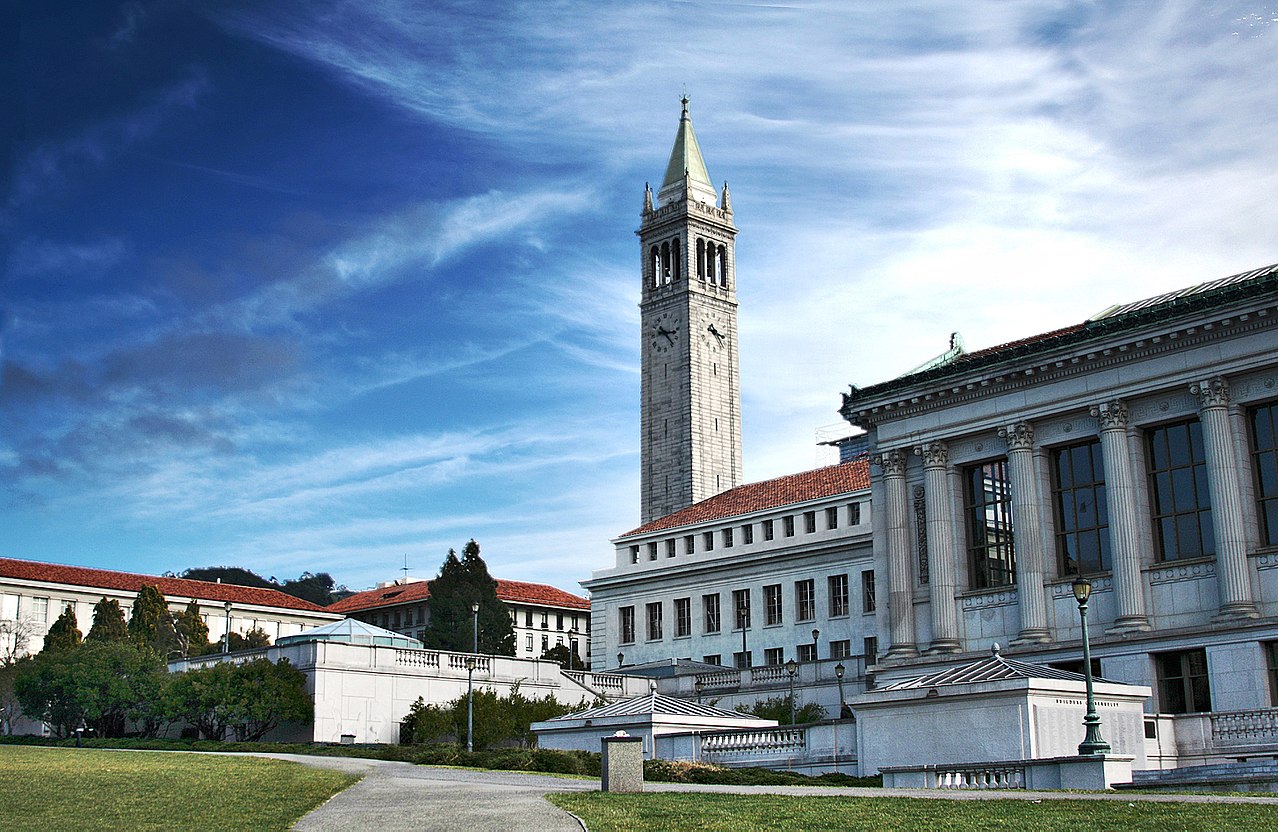On Monday, the University of California at Berkeley announced a legal settlement granting concessions to the Berkeley College Republicans (BCR) and Young America’s Foundation (YAF). The settlement was the result of a 2017 lawsuit alleging First Amendment violations by Berkeley after it cancelled scheduled speaking events set to feature conservative commentators Milo Yiannopoulos, Ann Coulter and David Horowitz.
Berkeley will now modify its Major Events Policy and pay the plaintiffs a one-time settlement of $70,000 to account for legal costs.
In the original case, BCR and YAF — a conservative youth organization that has previously collaborated with the Stanford College Republicans (SCR) — complained that Berkeley facilitated “discriminatory imposition of curfew and venue restrictions” and imposed “unconstitutionally vague policy” on high-profile speakers. For example, YAF criticized a policy that allegedly led Berkeley to charge students $20,000 for security to host conservative commentator Ben Shapiro, whereas security for an event with Obama-appointed Supreme Court Justice Sonia Sotomayor cost students about three times less.
As part of the settlement, Berkeley will work to standardize campus security costs by publicly scheduling security fees for events planned for classrooms or Associated Students of the University of California Student Union venues. However, security cost calculations for events hosted by student organizations will remain the same.
“YAF and UC Berkeley agreed to a fee schedule that treats all students equally,” wrote YAF spokesperson Spencer Brown in a statement. “Unless students are handling money or serving alcohol at an event, the security fee will be zero.”
The settlement also rescinds Berkeley’s “high-profile speaker policy,” which, according to plaintiff attorney Harmeet Dhillon, allowed Berkeley’s administration to unilaterally designate any invited speaker as “high profile” and then restrict the time and place of where said speaker could present on campus.
Berkeley is also redefining “major events” as including any organized event that either draws more than 300 people or fulfills one or more specified conditions, such as significantly affecting campus security, interfering with campus functions or serving alcohol.
Although their initial case against Berkeley was dismissed by a federal judge, BCR and YAF amended the complaint in Oct. 2017. Despite Berkeley’s requests, this amended complaint was not dismissed. It was after this decision that Berkeley settled the case with BCR and YAF.
Berkeley maintains it has not discriminated against conservative students.
“The settlement does not require the University to concede that any of the plaintiffs’ claims of previous viewpoint discrimination have any basis in fact, for they did not,” said UC Berkeley spokesperson Dan Mogulof in a statement. “The settlement agreement confirms that any and all efforts by plaintiffs to prove viewpoint discrimination by the campus have been abandoned.”
SCR — which is attempting to host conservative documentary maker Dinesh D’Souza for a speaking event — published a Facebook post regarding the settlement on Monday, calling it “a major victory for the conservative movement.”
“This outcome serves as a warning to all university administrations,” SCR wrote. “With the backing of [YAF] and its legal counsels, SCR looks forward to bringing countless conservative speakers, including Dinesh D’Souza, to campus in the very near future.”
Last week SCR criticized the Associated Students of Stanford University (ASSU) Senate for denying SCR’s $6000 funding request to pay for a D’Souza event on campus. The Senate cited alcohol costs included in the request as a motivation for the denial, though it had only offered $16.50 of the requested $6000 before rejecting the request entirely.
“The ASSU is making up excuses to hide the real reason they are suppressing speech: They want to make it impossible for conservative ideas to be publicly expressed at Stanford,” wrote SCR treasurer Ben Esposito ’21 in an email to The Daily.
The Daily has reached out to YAF and SCR for comment. The Stanford Democrats declined to comment.
Contact Holden Foreman at hs4man21 ‘at’ stanford.edu.
